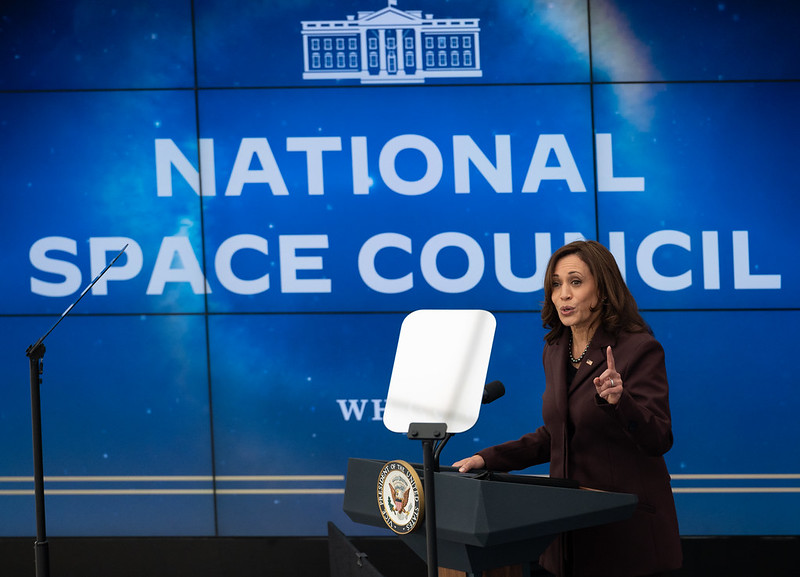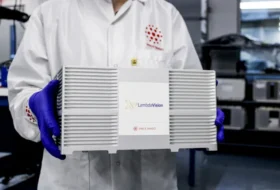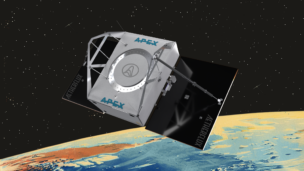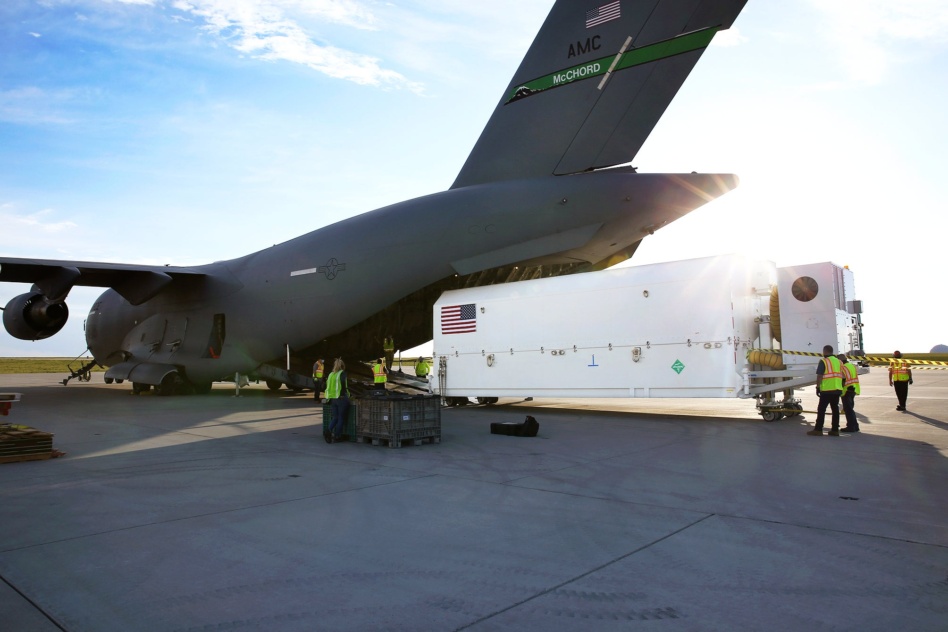Late last month, the FCC released a notice of proposed rulemaking that aimed to significantly cut down the red tape surrounding satellite licensing. Now, the commission says that it will discuss the revisions to its licensing procedures as part of its Space Innovation agenda on Dec. 21.
The notice falls under a larger trend, led by the National Space Council, to streamline the application process American companies must go through to fly in non-GEO orbits (with a pretty obvious focus on LEO). In its notice, the FCC points to the “unprecedented” volume of license applications accumulating on its desk in recent years.
The topics up for discussion include:
- Considering applications from companies that seek to operate in frequency bands without international allocations
- Allowing companies to seek licenses for more than one unbuilt LEO system in the same frequency band at once
- Helping applicants reduce the number of errors in their applications, and revising the commission’s response to errors when they come up
- Figuring out a reasonable timeline for processing satellite applications. The commission will also discuss any other potential ways to cut down the waiting period for licenses.
Word from the House
Support is building in Congress for a licensing revamp as well. This week, Frank Pallone, Jr. (D-NJ) and Cathy McMorris Rodgers (R-WA), leaders of the House Energy and Commerce Committee, introduced two bills targeting the satellite licensing process:
- The Satellite and Telecommunications Streamlining Act would set time limits for application decisions and slim down the application renewal process.
- The Secure Space Act would prevent the FCC from granting LEO and other non-GEO licenses to entities deemed national security risks.
“America is leading the way in next-generation satellite technologies, which are contributing to a revolution in the communications marketplace,” Pallone and Rodgers said in a joint statement. “To make sure the US–not China–continues to lead this global industry, we must streamline our regulatory processes to unleash innovation while also ensuring our laws fully protect the American public.”
…and the White House
Rumor has it that President Biden is also drafting an executive order to streamline the licensing processes for launch and satellite deployment. While few details about this order are publicly available yet, Reuters reports that this order would include creating an online portal to help companies navigate the satellite licensing process across various government agencies.
The upshot: The US government is feeling the pressure to ramp up satellite approvals in LEO before its competitors. The National Space Council, headed by VP Kamala Harris, has made speed a top priority as it seeks to position the US as the dominant spacefaring nation.





